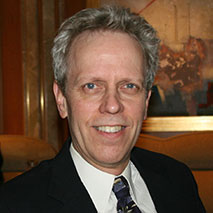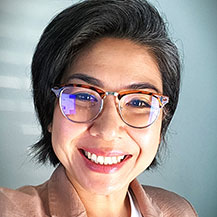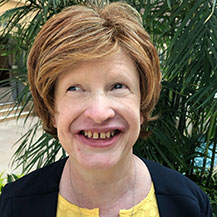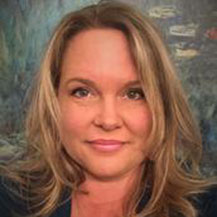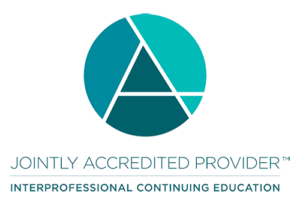13 CEUs Incl. 1.5 Hrs Ethics, 1.5 Hrs Mandatory Reporting & 1 Hr Cultural Competency
$298
Attend In Person or Live Stream At Your Desk
Approved for Social Workers, MFTs, LPCs, Addictions Professionals
Need help? Call Leslie: 630-234-0164
Event Description
IMPORTANT: Choose your method of attending – either IN-PERSON ON-SITE or LIVE STREAM/VIRTUAL to your desk.
Curriculum & Agenda – August 15-16
ALL TIMES CENTRAL STANDARD


| TIME (CT) | PROGRAM INFO |
|---|---|
| 7:45 am – 8:00 am | Sign In/Log In |
| 8:00 am – 8:15 am | Welcome and Conference Orientation |
8:15 am – 9:45 am  | Keynote Presentation:When All Hell Breaks Loose: |
| 9:45 am – 10:00 am | Break / Vendor Networking |
10:00 am – 11:30 am 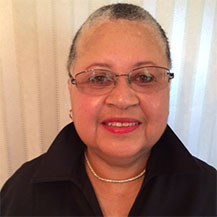 | You are not a RACIST…but you DO have Implicit Biases (1.5 hrs Clinical) |
| 11:30 am – 1:00 pm | Lunch (on your own) / Vendor Networking |
1:00 pm – 2:30 pm 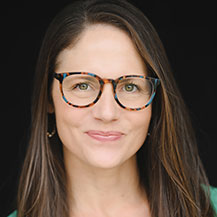 | Ethics & Self-Compassion Amidst Chaos: |
| 2:30 pm – 2:45 pm | Break / Vendor Networking |
2:45 pm – 4:15 pm  | Sickle Cell Disease Patients Transition of Care, from Pediatric to Adult Care: |
Registration Options
Register Online
Register by Fax: (866) 929-1217
Register by Email: lesliea@socialworkfoundations.com
Register by Mail: Continuing Education Productions, P.O. Box 110, Westmont, IL 60559
Make checks or money orders payable to:
Continuing Education Productions
Tax ID # 64-0844253
Method of Payment:
Check, Purchase Order or Credit Card
(Visa, Master Card, American Express, Discover)
For questions regarding POs, call Leslie 630-234-0164
Refund Policy: All registrations are final! NO REGISTRATION REFUNDS. Registration fees are transferable.
ADA Accommodations: If you require special accommodation or support of any kind to attend this conference, please contact Leslie Abrahamson at 630.234.0164.

